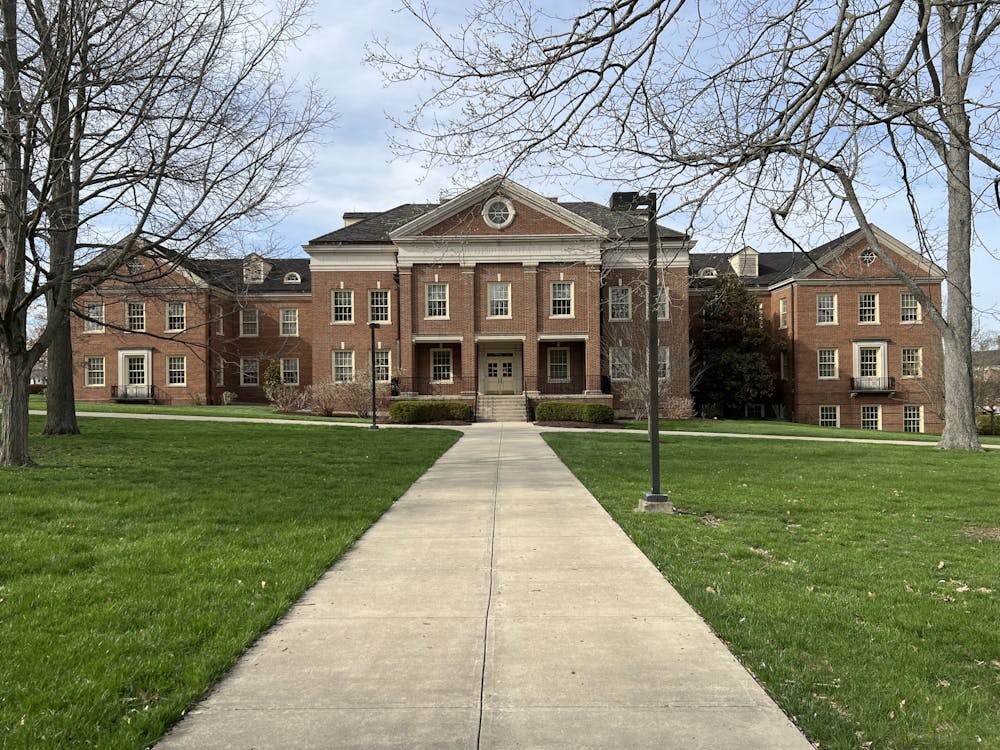Oftentimes the decisions our staff makes in regards to content can be confusing or ambiguous. We have decided to help explain some of the processes we took in forming “‘Resign.’: How Jason Osborne’s tenure as Miami’s provost came to an end.”
The Miami Student recognizes an obligation to serve as watchdogs over public affairs. The goal of publishing this story was to ensure public business is conducted in the open and to shine a light where it is needed.
This story is the product of months of work done by our staff. Here is how we reported it.
This story began as just a few questions. In February of this year, the Faculty Alliance at Miami (FAM) announced it would seek to unionize full-time faculty members. During the reporting process for that story, reporters learned of Jason Osborne’s third-year review.
At the time, there was not enough information or interest to warrant a story until after the results of the third-year review were finalized. The report would be published and made available to faculty by April 15, so reporters decided to wait, and would revisit it once the report was published.
On April 11, Jason Osborne announced his resignation.
After writing an initial story about the resignation, reporters began searching for the answer to the question, “Why?” Osborne’s decision seemed to come suddenly and many faculty, staff and students were left surprised and confused. Reporters decided to return to the committee’s report for answers.
At this point, our reporters decided to use public records requests to get a look into the survey and its results. The Student would go on to request hundreds of pages of documents over the course of a few months using the Freedom of Information Act (FOIA).
Miami University is a public institution, which means many of its documents are public record, including communications between its employees, such as emails. This means that anyone can request documents through a FOIA request.
The FOIA requests reporters made included personnel files, emails, the raw survey data and more. The documents we received were hundreds of pages long. As The Student received our requested records, we found new questions and requested more documents with answers.
Reporters also spent this time reaching out to more than 50 professors and administrators, most of whom did not respond to requests for comment. Our reporters eventually conducted more than a dozen interviews with sources, both on the record and on background. We granted anonymity to one source due to the gravity of the subject matter.
After compiling all of the information, The Student requested an interview with Osborne on Monday, Sept. 9. Osborne was unable to answer questions due to a family medical issue.
Enjoy what you're reading?
Signup for our newsletter
The Student also sent questions to Jessica Rivinius, interim vice president for communications, and Ashlea Jones, director of executive communications, to comment on behalf of the university. The pair also helped coordinate a response from President Greg Crawford.
Over the course of our investigation, we heard many concerning rumors of misconduct that our reporters were not able to substantiate. These rumors were excluded from the published piece in an effort to minimize harm, avoid pandering to general curiosity and to balance the need for information with undue harm or discomfort.
The Student commits to investigating further aspects of this story and any follow-up stories as they come up to answer lingering questions and highlight other perspectives.



